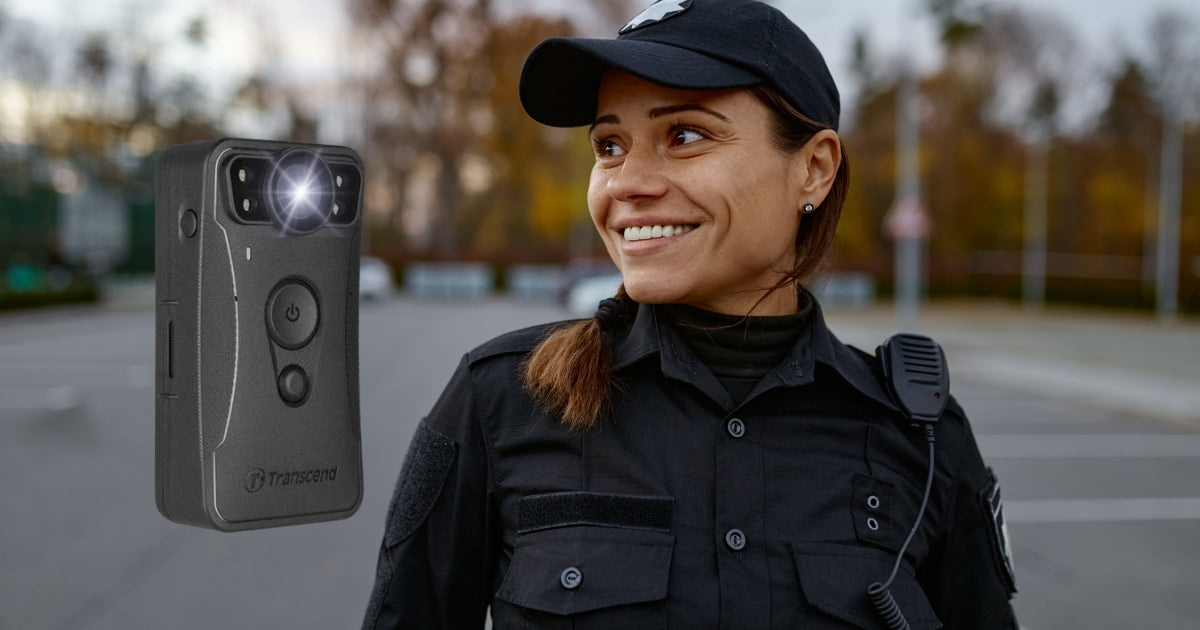Body cameras have become a significant tool in modern policing, offering a range of benefits that contribute to safer interactions and enhanced accountability. Here’s a closer look at how best body cameras are transforming law enforcement and their impact on communities and officers alike.
1. Enhancing Transparency
One of the primary advantages of body cameras is the transparency they provide. By recording interactions between police officers and the public, body cameras create an objective record of events. This transparency helps build trust between law enforcement agencies and the communities they serve, as it allows for the review and verification of incidents.
2. Improving Officer and Public Safety
Body cameras have been shown to improve safety for both officers and the public. The presence of a safety camera can deter aggressive behavior from both parties, reducing the likelihood of confrontations escalating into violence. In situations where force is necessary, body camera in 2024 footage can provide context and justification, helping to clarify the actions taken by officers.
3. Accountability and Oversight
Accountability is a critical aspect of effective policing. Body cameras hold officers accountable for their actions by providing an unbiased account of their conduct. This footage can be used in investigations and disciplinary proceedings, ensuring that officers adhere to departmental policies and standards. Additionally, it can exonerate officers who are falsely accused of misconduct.
4. Evidence Collection and Case Resolution
Body cameras are valuable tools for evidence collection. The footage captured can be used in court to support prosecutions and defense cases, offering a clear and accurate depiction of incidents. This used body cameras for sale can lead to faster case resolutions and more reliable outcomes, as juries and judges can see firsthand what occurred.
5. Training and Professional Development
The use of body cam also contributes to officer training and development. Departments can review footage to identify areas where officers excel and where they may need additional training. This body worn cameras continuous feedback loop helps improve policing techniques and ensures that officers are prepared to handle various situations effectively.
6. Reducing Complaints and Legal Costs
Many law enforcement agencies have reported a reduction in complaints and lawsuits since the implementation of body cameras. The body worn camera price knowledge that interactions are being recorded can lead to more professional behavior from officers and more compliance from the public. This reduction in complaints not only enhances community relations but also reduces legal costs associated with defending against misconduct claims.
7. Privacy Concerns and Ethical Considerations
While body worn cameras police offer numerous benefits, they also raise privacy concerns and ethical considerations. Balancing the need for transparency with the privacy rights of individuals is a complex issue. Departments must establish clear policies on when body worn cameras for sale should be activated, how footage is stored, and who has access to the recordings. Ensuring these policies are followed is crucial to maintaining public trust.
8. Technological Advancements
The technology behind body cameras is continually evolving. Advances in video quality, storage capacity, and battery life have made body worn cameras cost more effective and reliable. Features such as automatic activation in response to specific triggers (e.g., drawing a weapon or activating emergency lights) ensure that critical moments are captured even if an officer forgets to manually activate the camera.
Conclusion
Body cameras represent a significant advancement in modern policing, enhancing safety, accountability, and transparency. By providing an objective record of interactions, they body worn camera companies help build trust between law enforcement and the communities they serve. As technology continues to evolve and policies are refined, body cameras will likely play an even more integral role in shaping the future of policing, ensuring that officers can perform their duties effectively while maintaining the public's confidence and support.

